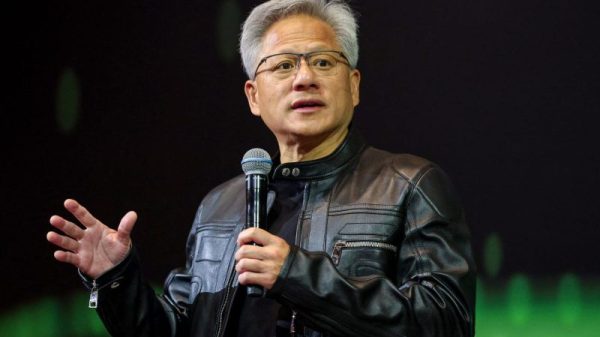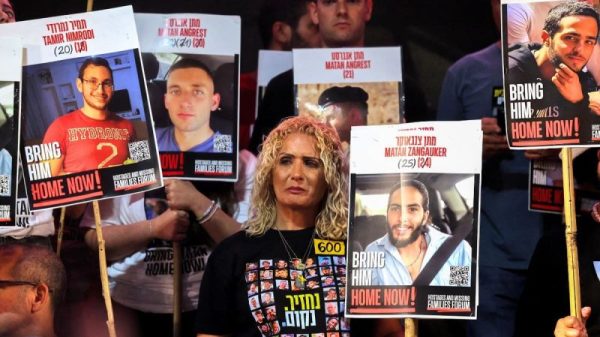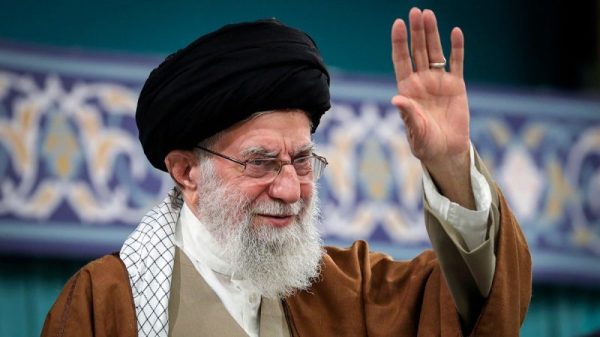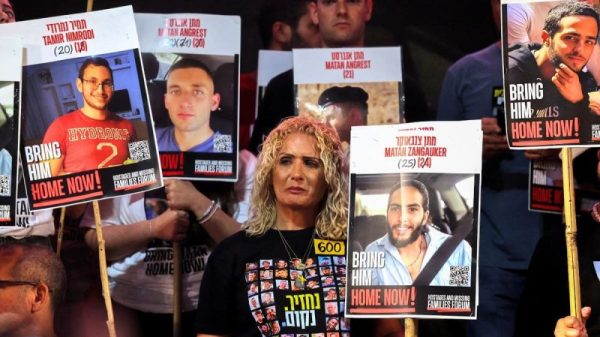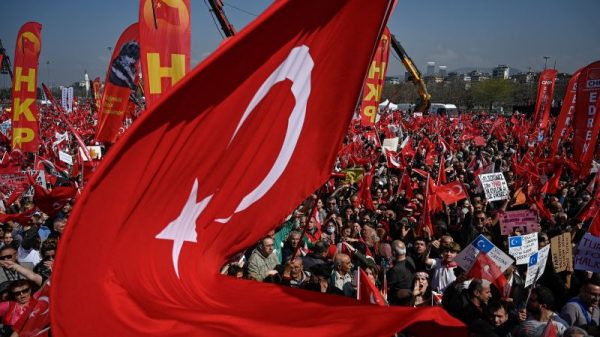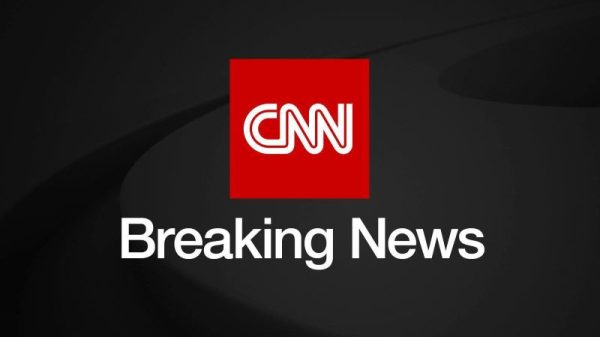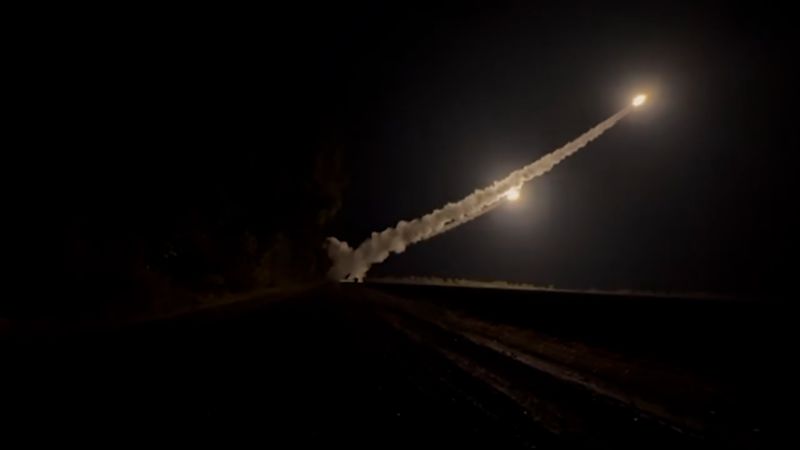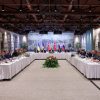Over the last week, a secret delivery of American weapons and a cross-river raid have injected much-needed energy into Ukraine’s largely stalled counteroffensive.
In the east, Ukrainians claim to have inflicted massive losses on Russian forces trying to encircle an embattled city.
Meanwhile in the capital Kyiv, Ukrainian parliamentarians are looking to expunge Russian influence from the church.
Here is what you need to know.
Surprise arrival of US Army Tactical Missile System (ATACMS)
A secret US delivery of long-range ATACMS missiles pounded airfields in occupied Berdiansk on the coast of the Azov Sea and in Luhansk in eastern Ukraine on Tuesday, destroying Russian helicopters and a munitions depot.
A video posted by commander in chief of the Armed Forces of Ukraine, Gen. Valerii Zaluzhnyi, showed the powerful missile batteries firing, with a caption thanking Ukrainian soldiers “for their service” and partners “for their support.”
At a time when US funding for Ukraine remains precarious, the arrival of the ATACMS was a welcome development both on the battlefield and for public morale.
Ukraine has been asking for the missile system for months. It’s still unclear when the weapons were delivered or when the decision to supply them was made.
With a 100-mile range, the powerful missiles are likely to disrupt Russian positioning, with most analysts predicting Moscow will be forced to station aerial assets further afield, limiting operational capacity.
For Ukrainians, the move was seen as a strong message of support from the US. “Ukrainians are greatly encouraged by the delivery of ATACMS, and our warriors are putting them to good use on the battlefield,” Ukrainian President Volodymyr Zelensky said in a tweet after a call with US President Joe Biden.
Battles in the east
Fierce fighting has been raging in Avdiivka in the Donetsk region, as Russia continues to encircle the city and Ukraine claims it has delivered massive blows to Russian military personnel and equipment.
Russian forces have launched waves of attacks repelled by the Ukrainian troops who are heavily entrenched in the area.
Analysts say the Russian aim is to encircle the city and take over an area of high ground near an industrial facility which would give Russia effective fire control over Ukrainian supply routes.
Avdiivka is no stranger to Russian assaults and has been on the front line of the conflict in eastern Ukraine since 2014.
More than 1,600 civilians remain in the embattled city, according to local officials.
Cross-river operation in Kherson
Official details of Ukraine’s latest cross-river operation are scant. But Ukrainian troops appeared to have crossed the Dnipro River into the Russian-occupied Kherson region, according to pro-Kremlin military bloggers.
Popular Russian military blogger WarGonzo said Friday that fighting on the eastern bank of the Dnipro had continued near the coastal village of Krynky, speculating, “Ukrainian troops are trying to gain a foothold and pull up reserves to develop their initiative on the Dnipro bank controlled by the Russian army.”
Earlier in the week, Russian bloggers claimed Ukrainian military units had crossed the river, breaking through some Russian defenses and pushing into the villages of Poyma and Pishchanivka on the eastern bank.
Kyiv has not officially commented on cross-river operations in the region.
Ukraine has previously carried out raids on the eastern bank of the Dnipro River in Kherson. Ukrainian forces first established a bridgehead on the Russian-controlled bank of the river near the Antonivsky Bridge in June and have carried out other raids over the summer.
Church matters
Ukrainian lawmakers have given the initial green light for a bill that seeks to eliminate Russian influence on religion.
The aim of the proposed law is “to prevent religious organizations from operating in Ukraine whose governing center is located outside Ukraine in a state that carries out armed aggression against Ukraine.”
The bill passed its first reading with 267 votes for and 15 votes against.
While the bill does not specifically name the Ukrainian Orthodox Church (UOC), the implications are clear. Kyiv considers the UOC to be an extension of the Russian Orthodox Church (ROC) and of Moscow’s influence in Ukraine.
UOC claims to have cut ties with the Moscow-based church since the full-scale invasion. But a Ukrainian government panel of experts “did not find any documents or actions that would indicate the transformation of the UOC into a religious organization independent of the ROC.”
A UOC cleric called the draft bill “scandalous” and accused lawmakers of exploiting religion for “political intrigues.”
The Ukrainian parliament “did not ban anyone today. It adopted a truly scandalous bill that contains many provocative provisions that contradict the Constitution,” a UOC representative, Metropolitan Klyment, said in a statement.
For the draft to become law, it will need to be voted on a second time in parliament and signed by Zelensky.








